In the fast-evolving world of professional pickleball, where the sport is exploding in popularity across the globe, a recent decision by the United Pickleball Association (UPA) has sent shockwaves through the community.
On July 12, 2025, the UPA announced the immediate termination of Quang Duong's contract, citing "multiple and repeated violations of the exclusivity terms of the agreement." This move not only sidelines one of the sport's rising stars but also highlights deeper issues within pickleball's professional structure—issues that could stunt its growth rather than foster it. As someone who's followed pickleball's meteoric rise from backyard pastime to pro spectacle, I can't help but see this as a terrible misstep for the sport.
Let's break it down: the facts of the case, why this is detrimental to pickleball, how it ties into broader corruption like the banning of innovative brands such as Dope Pickleball, and why the sport desperately needs a players' union to combat these injustices that are turning pickleball into a laughing stock.
The Incident: From Warnings to Termination
Quang Duong, a Vietnamese-American pro known for his explosive play and growing international brand, has been at the center of controversy since May 2025. It started over Memorial Day weekend when Duong participated in an unsanctioned tournament in Vietnam—a clear breach of the UPA's exclusivity clauses, which prohibit players from competing in non-sanctioned events without approval.
The UPA responded swiftly, slapping him with a $50,000 fine and suspending him from one PPA (Professional Pickleball Association) event and one MLP (Major League Pickleball) event. A league source at the time emphasized the importance of these clauses, stating, "MLP and PPA have invested very significantly in our player contracts, and they are written to ensure event exclusivity. When contract terms are violated, there have to be consequences."
Despite the warnings, Duong's actions continued. He's been heavily investing in his brand in Vietnam, signing deals with local paddle and clothing companies, hosting clinics, and opening facilities—all while his MLP team, the LA Mad Drops, competed in the Mid-Season Tournament in Grand Rapids, Michigan, without him. His absence was not pre-approved, constituting another breach. The UPA's statement on Instagram was blunt: "Despite numerous attempts to work with Duong and his team – including conversations, warnings, and fines – there have been continued and consistent misrepresentations of facts and contract breaches." Effective immediately, Duong is barred from future PPA and MLP events.
View the full UPA statement on Instagram (shared by CARVANA PPA TOUR).
View this post on Instagram (shared by The Dink Pickleball).
Duong, currently in Vietnam, hasn't issued a public response yet. Meanwhile, pros like Zane Navratil have weighed in, supporting the UPA's stance on exclusivity: "If there's one thing I know about UPA, it's that they don't eff around with their exclusivity clauses. I think it's smart. I don't think the UPA can have their athletes running roughshod over the league." View Zane Navratil's post on Instagram.
But not everyone agrees this was the right call. Some in the community speculate that Duong's long-term vision involves building pickleball in Vietnam, and this termination might accelerate top players seeking independence.
Why This Is a Terrible Thing for Pickleball
At first glance, the UPA's decision might seem like sound business—protecting their investments and maintaining league integrity. But dig deeper, and it's clear this is a net loss for pickleball. The sport is still in its infancy as a professional entity, with global appeal driving its boom. Duong isn't just any player; he's a bridge to international markets, particularly in Asia where pickleball is gaining traction. By terminating his contract over what amounts to promoting the sport in his homeland, the UPA risks alienating players who want to expand pickleball's footprint beyond U.S. borders.
This heavy-handed approach could deter talent from signing with the UPA in the first place. Exclusivity clauses are common in pro sports, but in an emerging league like the PPA/MLP under the UPA umbrella, they feel overly restrictive. Players are essentially locked into a monopoly without much recourse, leading to resentment and potential exodus. Duong's team, the LA Mad Drops, is already feeling the pinch—they lost a key match in the Mid-Season Tournament that might have gone differently with him on the roster. If more players follow suit and prioritize personal branding or international opportunities, it could fragment the pro scene, diluting the quality of events and fan engagement.
Moreover, this incident underscores pickleball's vulnerability to internal drama, which turns off casual fans and sponsors. The sport needs unity to grow, not public feuds that make it look amateurish. Instead of fostering a collaborative environment, the UPA's actions might push players toward alternative tours like the Association of Pickleball Players (APP), which offers more flexibility. In the long run, this hurts growth: fewer star players mean less excitement, lower viewership, and stalled global expansion.
The Bigger Picture: Corruption in "Big Pickleball" and the Banning of Dope Pickleball
Duong's termination isn't an isolated incident—it's symptomatic of deeper corruption plaguing "big pickleball," where governing bodies like USA Pickleball (USAP) and the UPA wield unchecked power, often at the expense of innovation and fairness. A prime example is the controversial banning of paddles from disruptive brands like Dope Pickleball Co., which has turned the sport into a laughing stock among serious athletes and fans alike. Dope Pickleball, a company positioning itself as a "disruptive-luxury" force in the industry, saw its flagship High Roller paddle—a striking gold chrome-edged carbon fiber design—quietly banned by USAP and other certification bodies starting in late 2024. The official reason? It didn't meet "approved equipment standards," but critics argue this is just a smokescreen to protect established paddle manufacturers and their lucrative sponsorship deals with the leagues.
This isn't the first paddle scandal. We've seen bans on JOOLA's Gen 3 paddles in May 2024 for failing deflection tests, CRBN paddles delisted in 2022, and even Andrei Daescu's suspension in 2024 for an "illegal substance" on his paddle, resulting in a $50,000 fine and 60-day ban. These repeated controversies paint a picture of inconsistency and favoritism: Why ban chrome edges on paddles when they're allowed on pro jerseys? It smacks of corruption, where "big pickleball" stifles competition to maintain the status quo, punishing innovators who dare to challenge the old guard.
The injustice here is glaring. Dope Pickleball's High Roller isn't just a paddle; it's a statement piece designed for players who "play hard, look dope, and live like High Rollers." Priced at $225, it features a gold carbon fiber weave and electroplated chrome edge, offering superior spin and power while turning heads on the court. Yet, by banning it from sanctioned play, USAP has effectively sidelined a brand that's injecting much-needed style and excitement into a sport often criticized for being "stale and unoriginal." This not only hurts small companies but also players who invest in cutting-edge gear, only to have it deemed illegal overnight. It's no wonder pickleball is becoming a laughing stock—while other sports embrace tech advancements (think carbon fiber in tennis rackets or aerodynamic designs in golf clubs), pickleball's rulers seem hell-bent on regressing, fostering an environment ripe for lawsuits, petitions, and player boycotts.
A Change.org petition launched by Dope Pickleball highlights the absurdity: "USA Pickleball and other certification bodies are quietly banning chrome-edge paddles—starting with the High Roller by Dope Pickleball." Over 130 people have signed, arguing that these bans lack transparency and scientific backing, potentially driven by lobbying from bigger brands. This corruption extends beyond paddles—noise complaints leading to court bans in parks, turf wars in NYC, and even broader governance issues that make the sport-wide. When combined with player terminations like Duong's, it perpetuates a cycle of injustice, making pickleball look petty and unprofessional, deterring new participants and solidifying its niche status rather than a global phenomenon.
The Missing Piece: Why Pickleball Needs a Players' Union
This entire saga could have been mitigated—or at least negotiated more fairly—if pickleball had a strong players' union. Unlike established sports, pickleball lacks a formalized union to balance power between players and leagues. There is a "collective" formed by pros in late 2023 amid pay cuts and the PPA-MLP merger, where dozens of players banded together to voice concerns about compensation and governance. But this collective isn't a full-fledged union with bargaining power; it's more of an advocacy group. Organizations like USA Pickleball focus on governance and amateur play, while the UPA acts as the parent for pro tours, leaving players without a dedicated entity to protect their rights.
In contrast, other pro sports have thrived because of players' unions that prevent unilateral decisions like Duong's termination or arbitrary equipment bans. These unions negotiate collective bargaining agreements (CBAs) that outline fair processes for discipline, contracts, and disputes, ensuring players aren't treated as disposable assets.
Examples from Other Sports
Take Major League Baseball (MLB). The MLB Players Association (MLBPA), founded in 1966, has been instrumental in protecting players from owner overreach. In the 1994-95 strike, players fought for better revenue sharing and free agency rights, leading to a CBA that includes arbitration for disputes and minimum salaries. Without the MLBPA, owners could arbitrarily terminate contracts for "breaches" or ban equipment without due process—much like Duong's case or the High Roller paddle saga. The union's power has helped MLB grow into a multi-billion-dollar industry by ensuring player satisfaction and league stability.
The National Basketball Association (NBA) offers another prime example. The National Basketball Players Association (NBPA), established in 1954, has navigated lockouts (like in 2011) to secure player-friendly terms, including guaranteed contracts and revenue splits. When players like Kawhi Leonard sought load management or international commitments, the NBPA ensured these were addressed in CBAs rather than leading to outright terminations. This balance has fueled the NBA's global expansion, with stars promoting the league worldwide without fear of reprisal. Pickleball could learn from this: Allowing Duong to build in Vietnam or brands like Dope to innovate with paddles might have boosted the sport's Asian market, similar to how NBA players' off-season tours in China grew basketball's footprint.
In the National Football League (NFL), the NFL Players Association (NFLPA) has fought against harsh owner policies since 1956. The 1987 strike led to free agency reforms, and today, the CBA includes grievance procedures for contract violations, preventing snap terminations without appeals. High-profile cases, like Colin Kaepernick's collusion grievance, show how unions provide leverage against perceived injustices. Without such protections, NFL players could face fines or bans for off-field activities, stifling personal branding and innovation—issues pickleball is now grappling with.
Even in tennis, the Professional Tennis Players Association (PTPA), co-founded by Novak Djokovic in 2020, advocates for better prize money and scheduling, addressing exclusivity in a sport with multiple tours. These examples prove unions don't weaken leagues; they strengthen them by creating fair ecosystems that attract top talent and investment.
Embracing Innovation: Time to Make Pickleball Dope Again
If you're as frustrated with big pickleball's corruption as I am, it's time to support brands that challenge the system. Dope Pickleball Co. is leading the rebellion with their High Roller paddle and accessories—banned or not, it's perfect for recreational play, clinics, or unsanctioned events where creativity isn't crushed. Their bundles, like the High Roller Pickleball Bundle, offer savings on the paddle, balls, sunglasses, and more, letting you play with luxury style without the league's thumb on the scale. By choosing Dope, you're not just buying gear; you're voting against the injustices that make pickleball a laughing stock and pushing for a more inclusive, innovative future.
The Path Forward: Growth Over Control
The UPA's termination of Quang Duong, coupled with bans on trailblazers like Dope Pickleball's High Roller, isn't just a loss for one player or brand—it's a setback for pickleball's aspirations to become a mainstream pro sport. By prioritizing rigid control over flexibility and innovation, the league risks repelling international ambassadors and turning off players with arbitrary rules. A true players' union would empower athletes to negotiate better terms, resolve disputes amicably, and contribute to the sport's growth without fear of draconian penalties.
If pickleball wants to avoid the pitfalls of fragmentation seen in early MMA or boxing, it needs to evolve. Encourage the existing collective to formalize into a union, draw from successful models in MLB, NBA, and NFL, and focus on collaboration. Otherwise, decisions like this will hurt more than help, turning potential fans away and leaving the sport paddling upstream. What do you think—fair enforcement or overkill? Drop your thoughts in the comments, and check out Dope Pickleball for gear that defies the status quo!
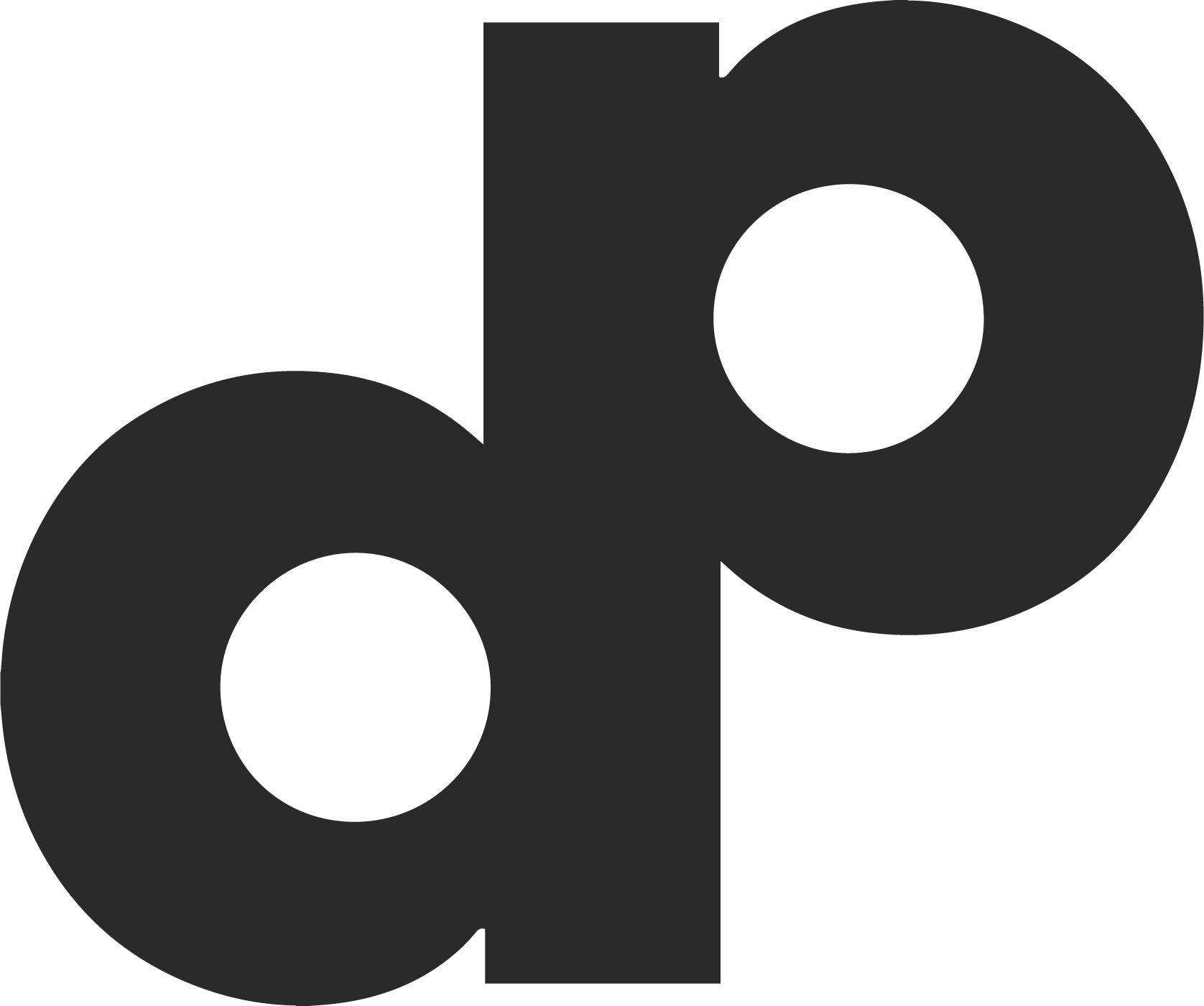


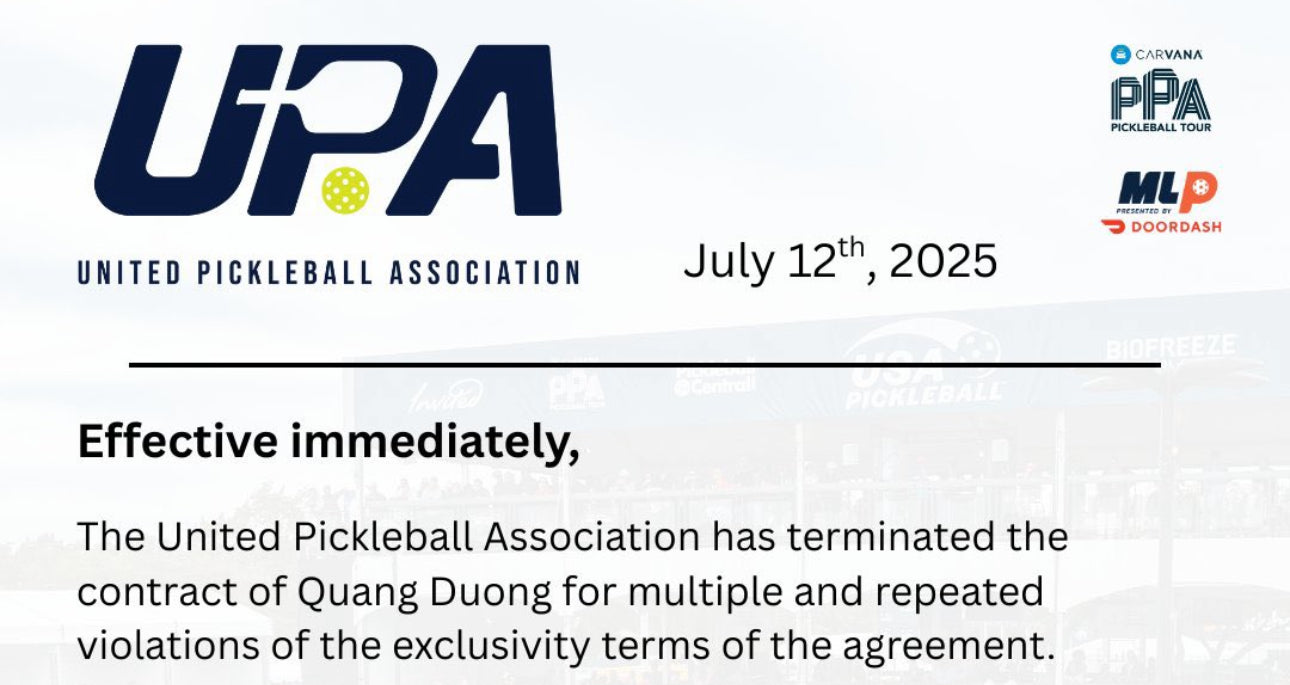
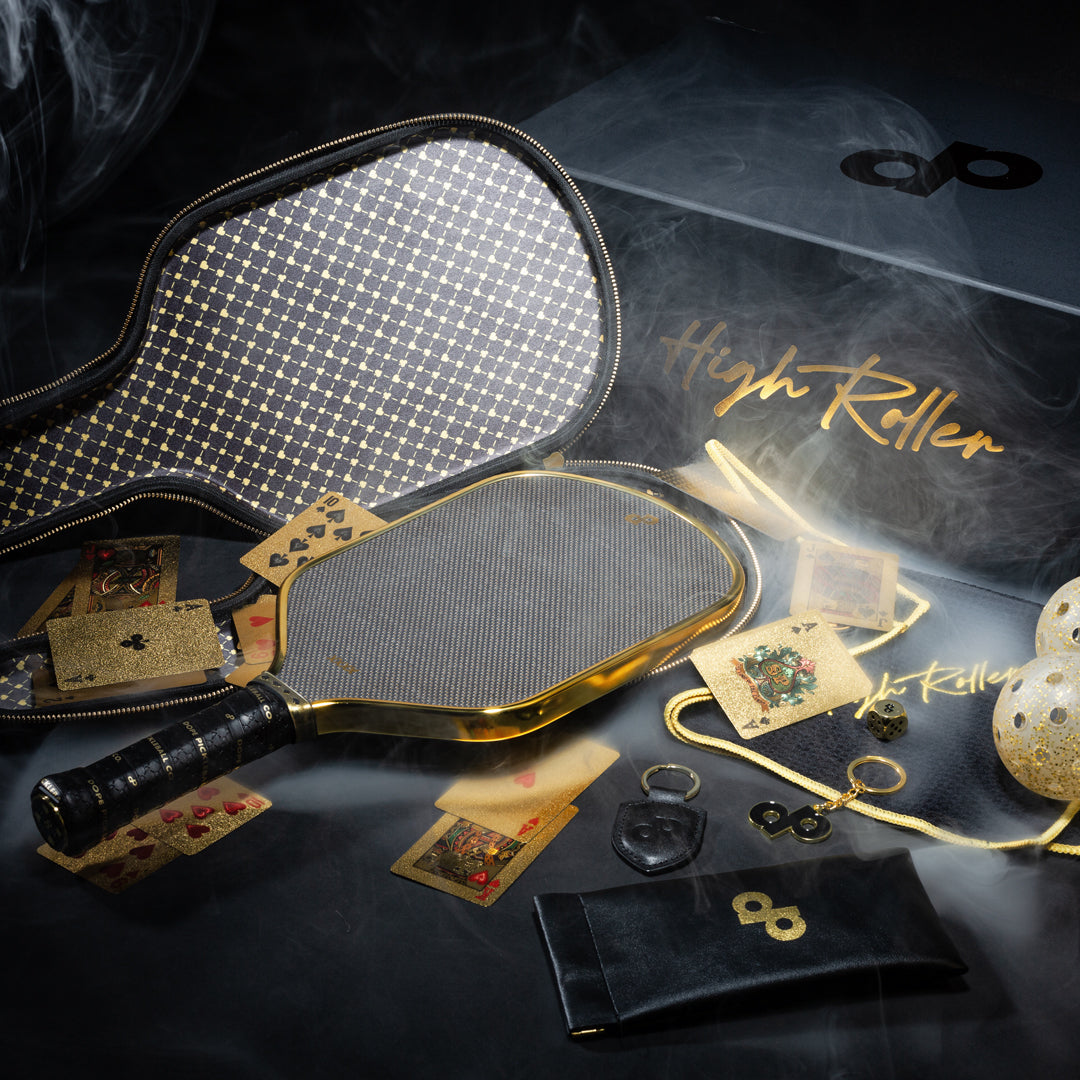
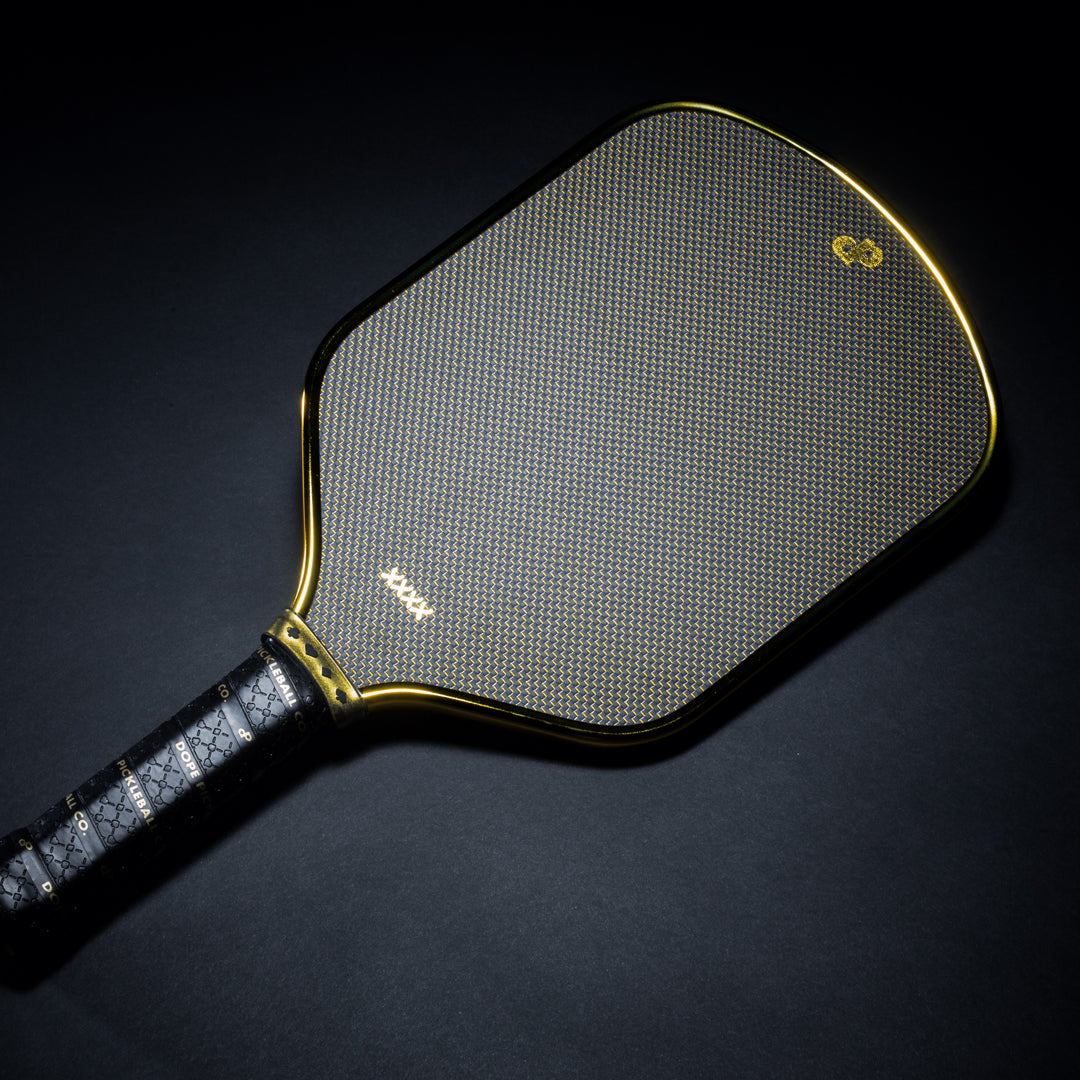
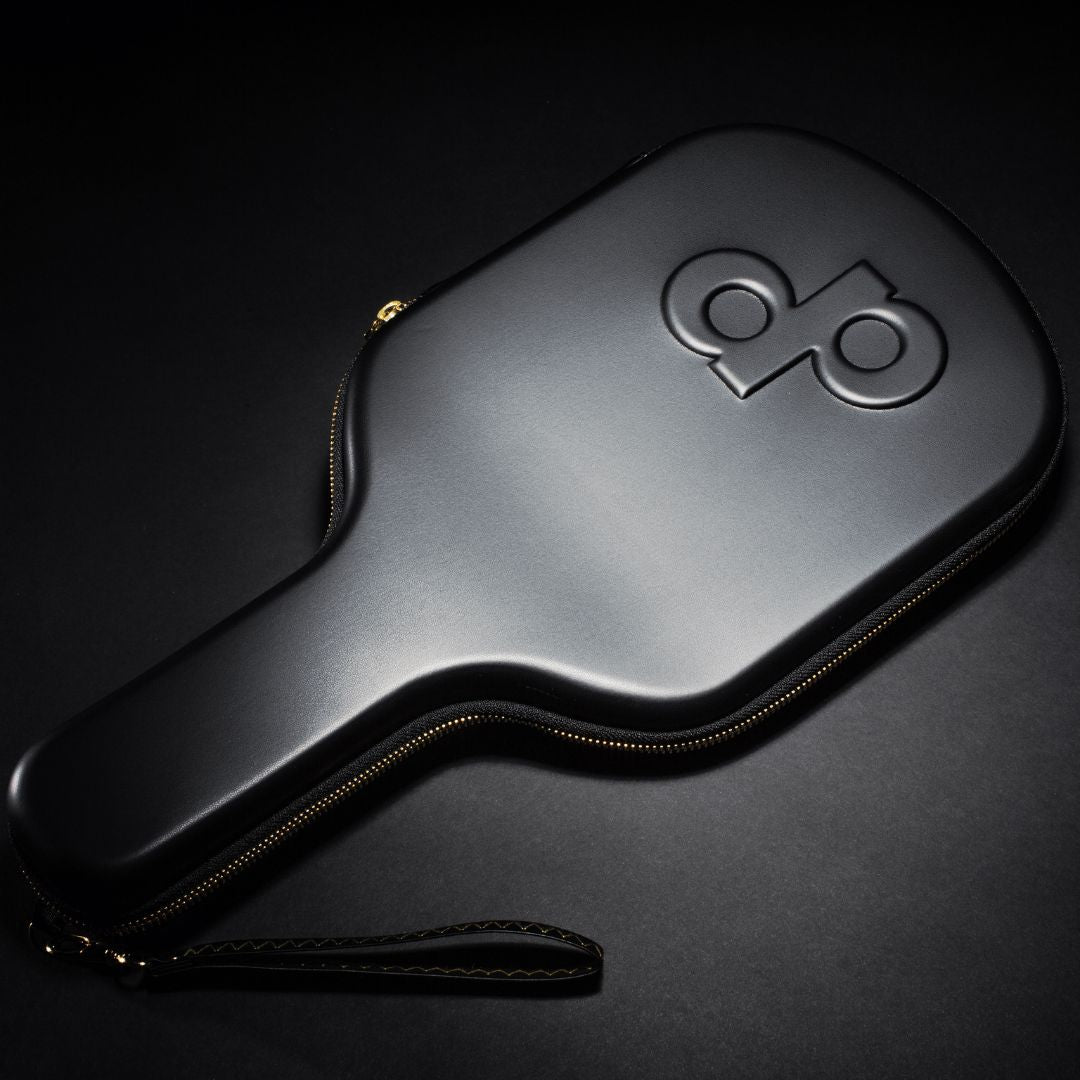
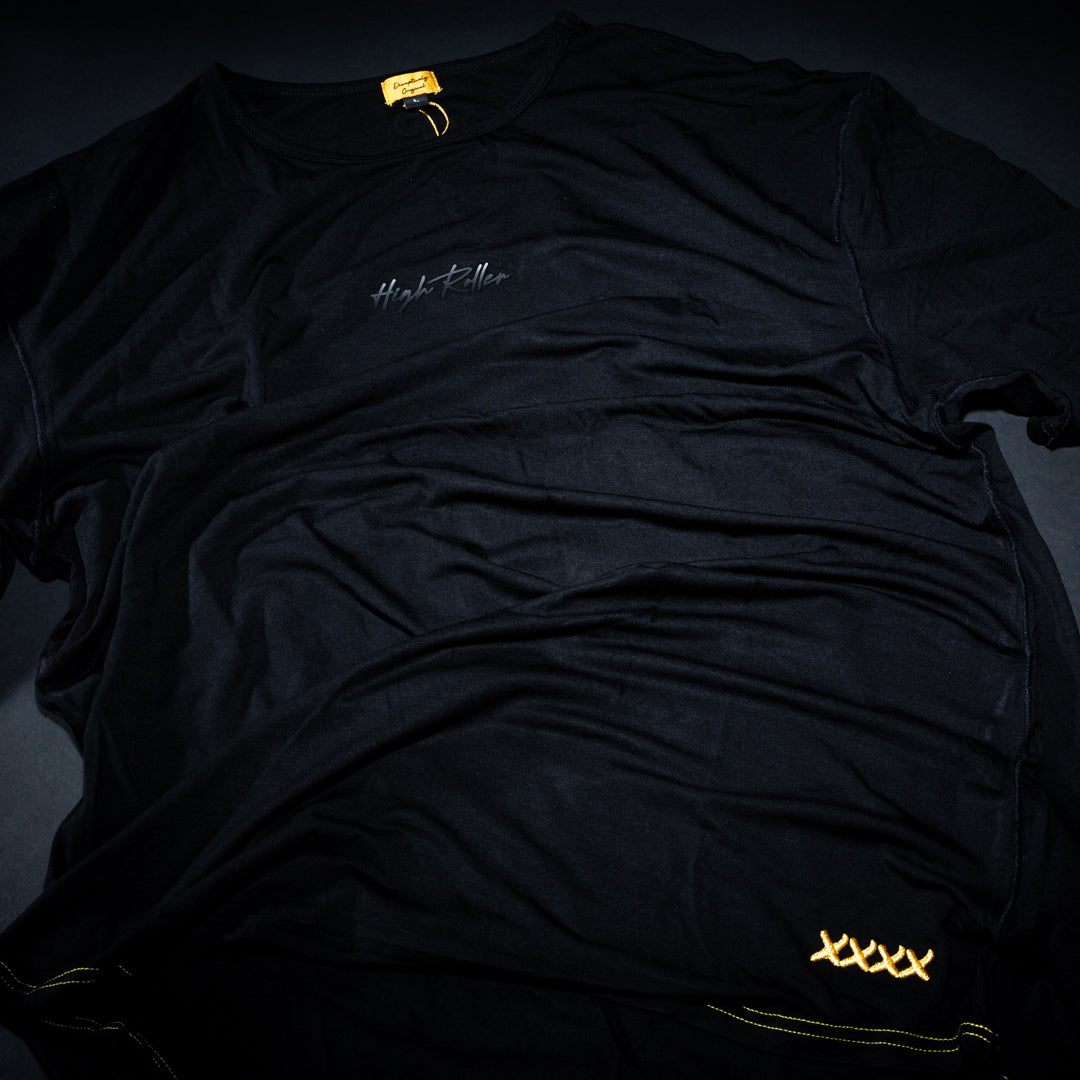
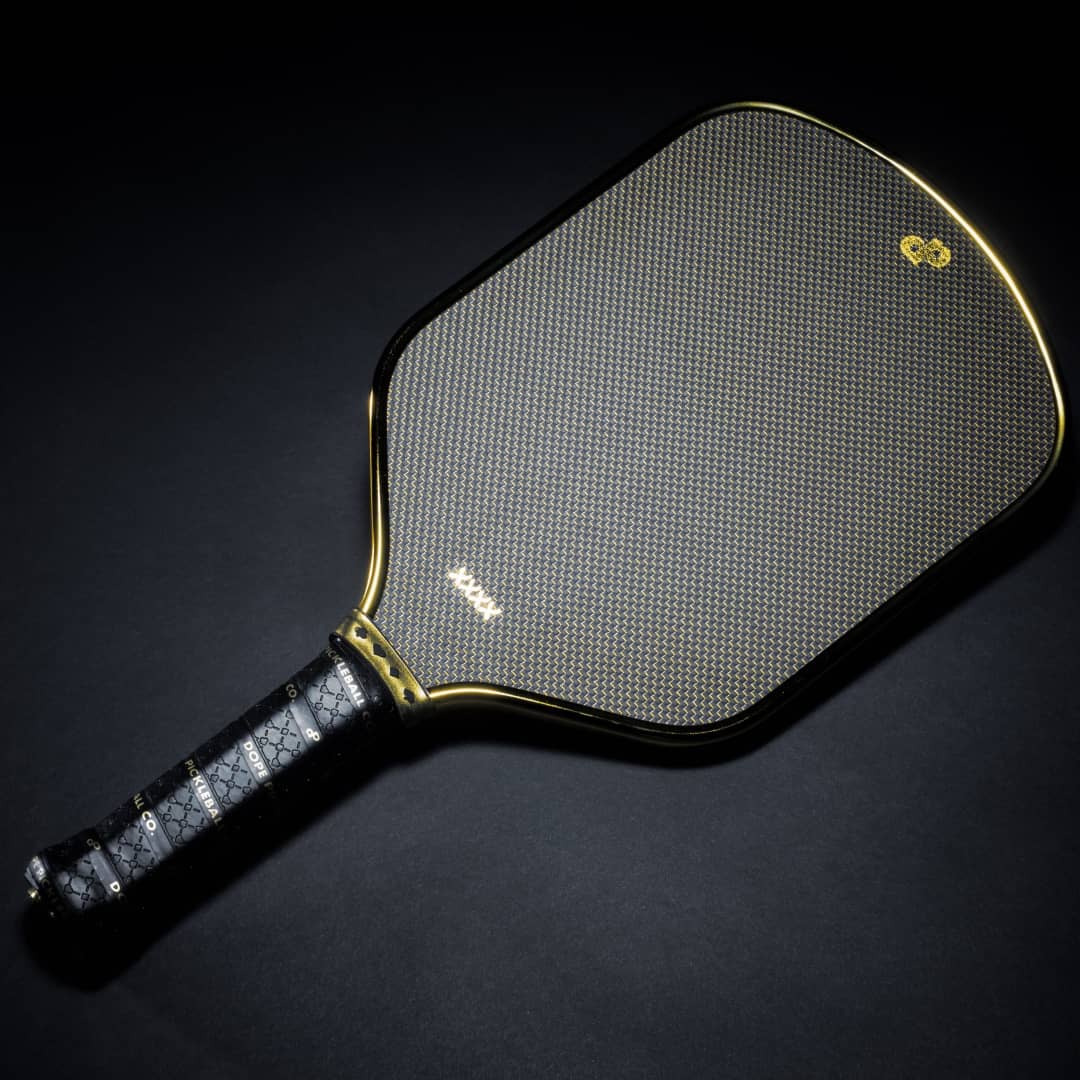
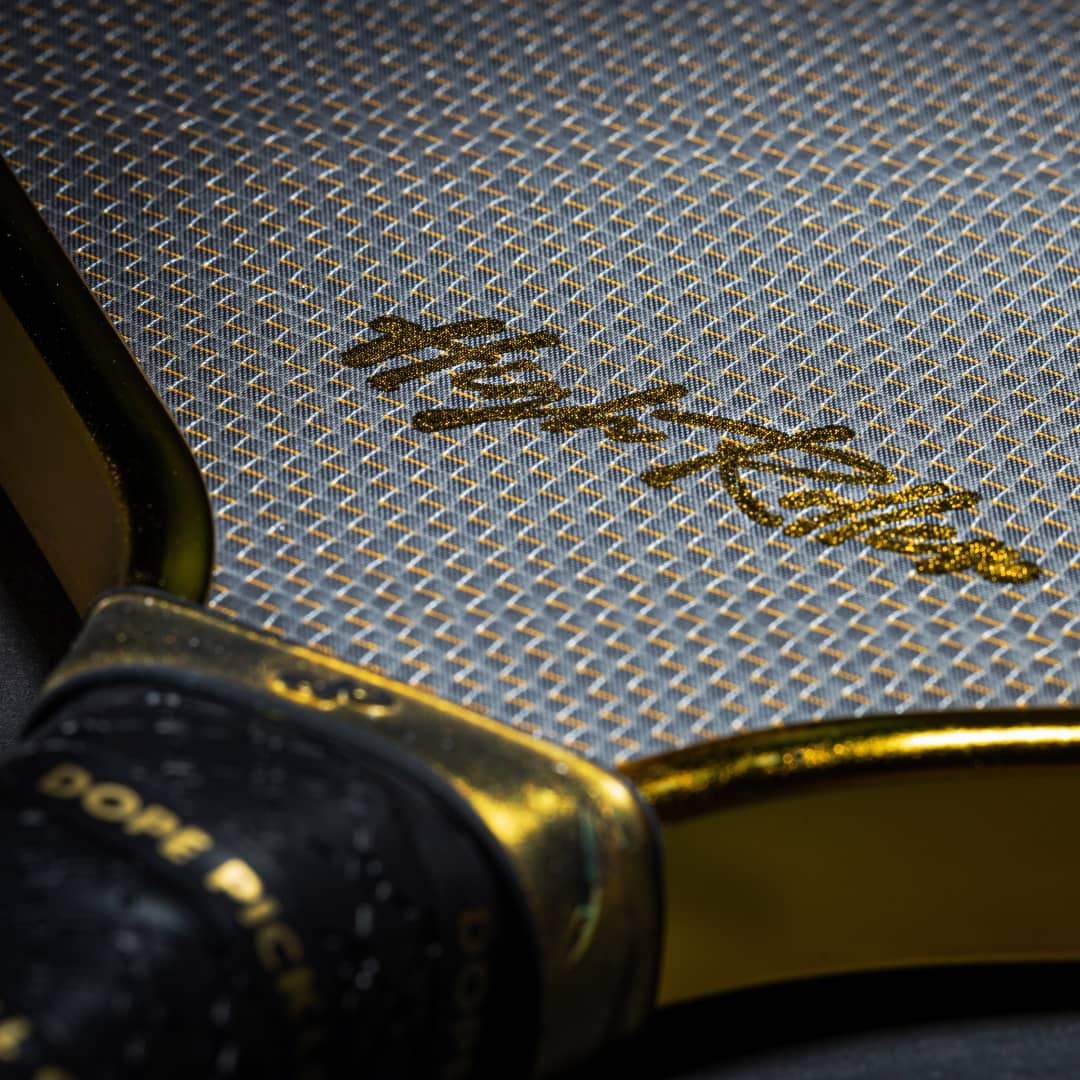
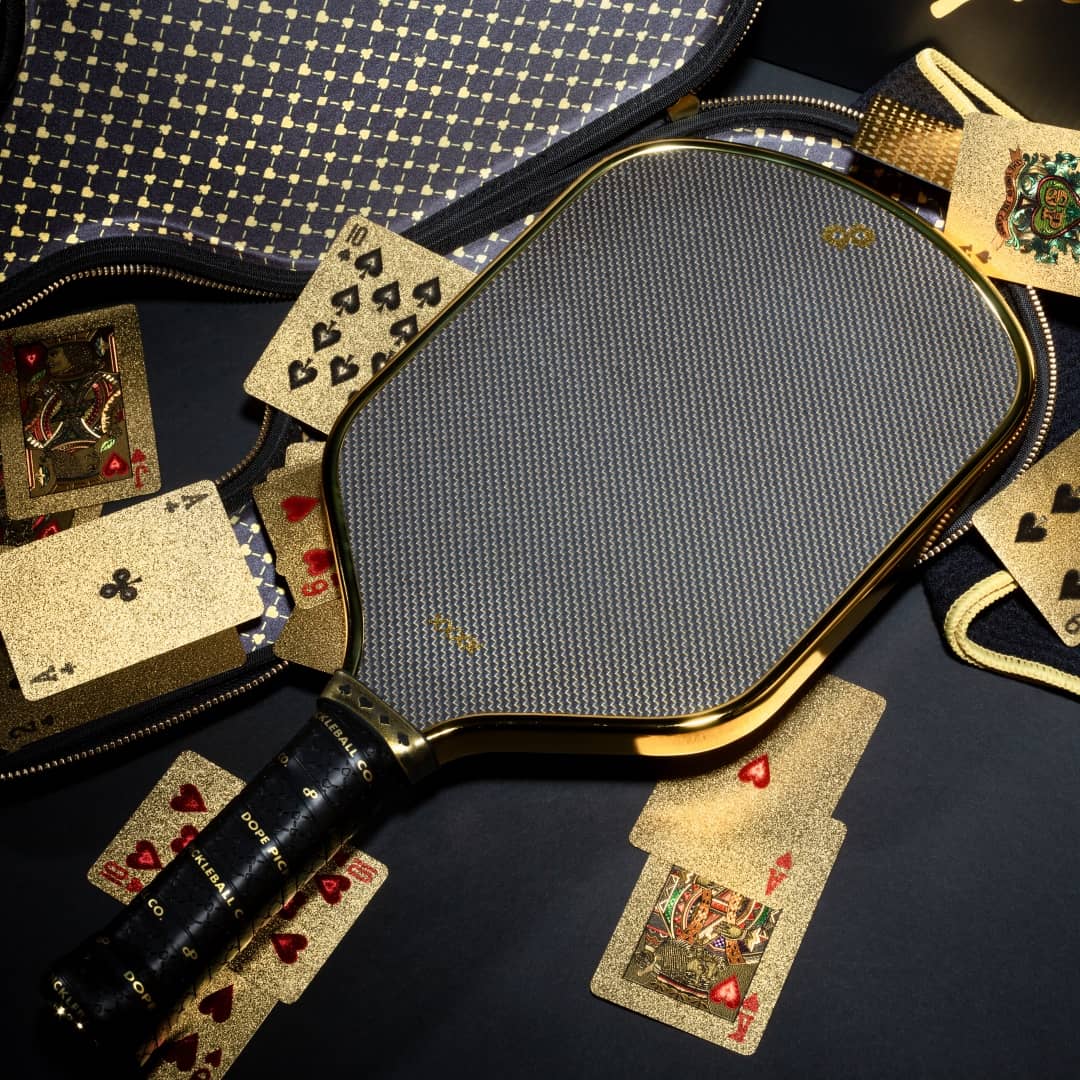

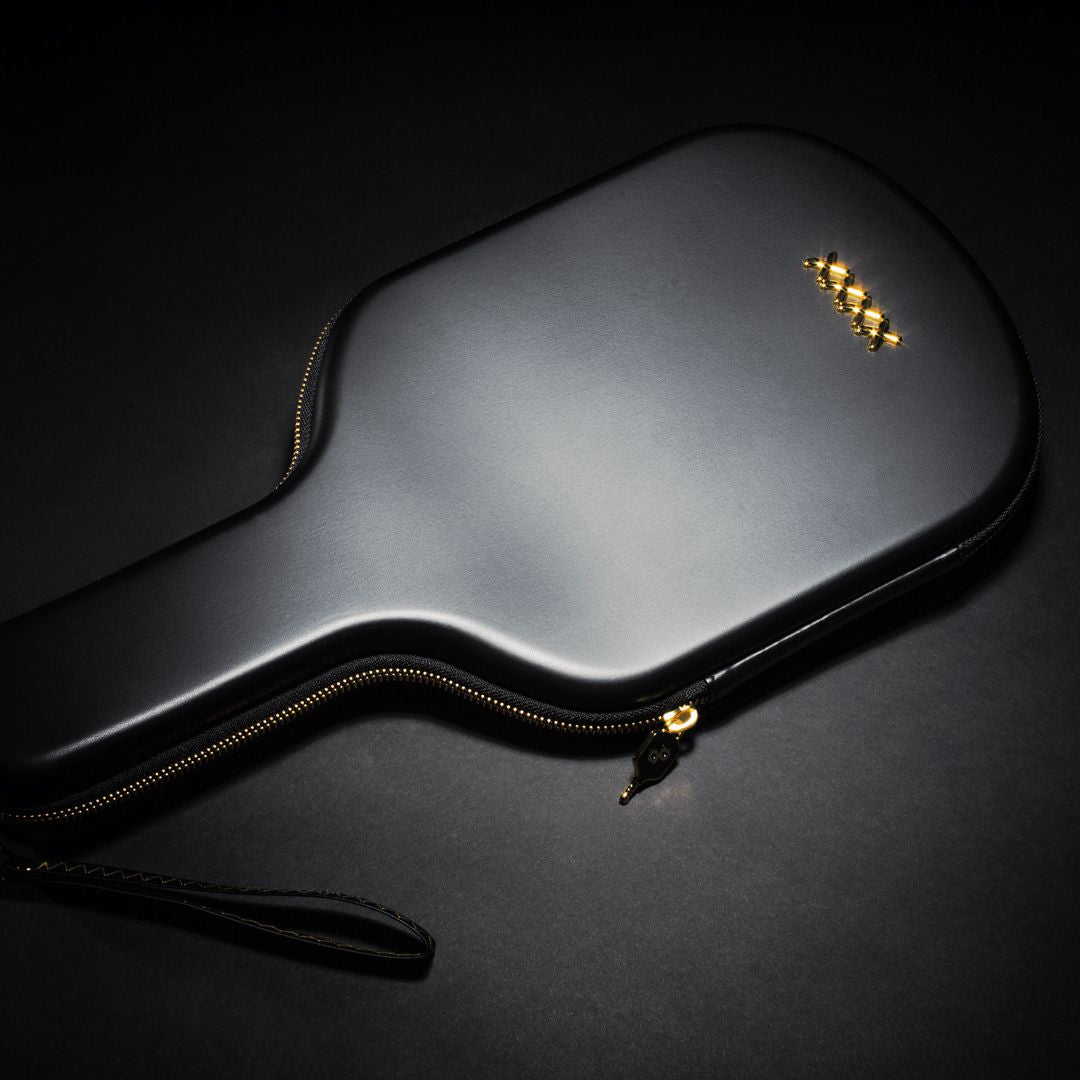
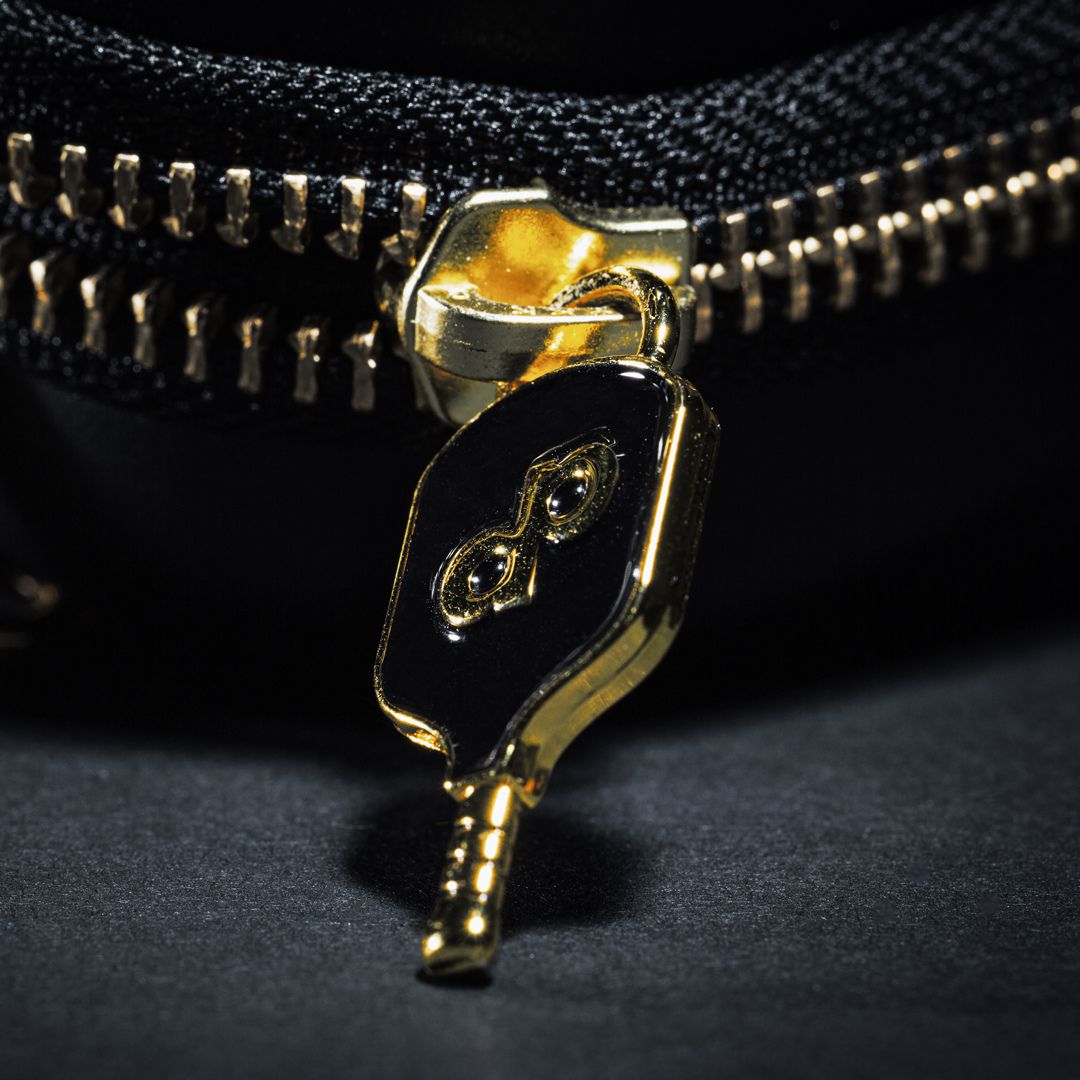
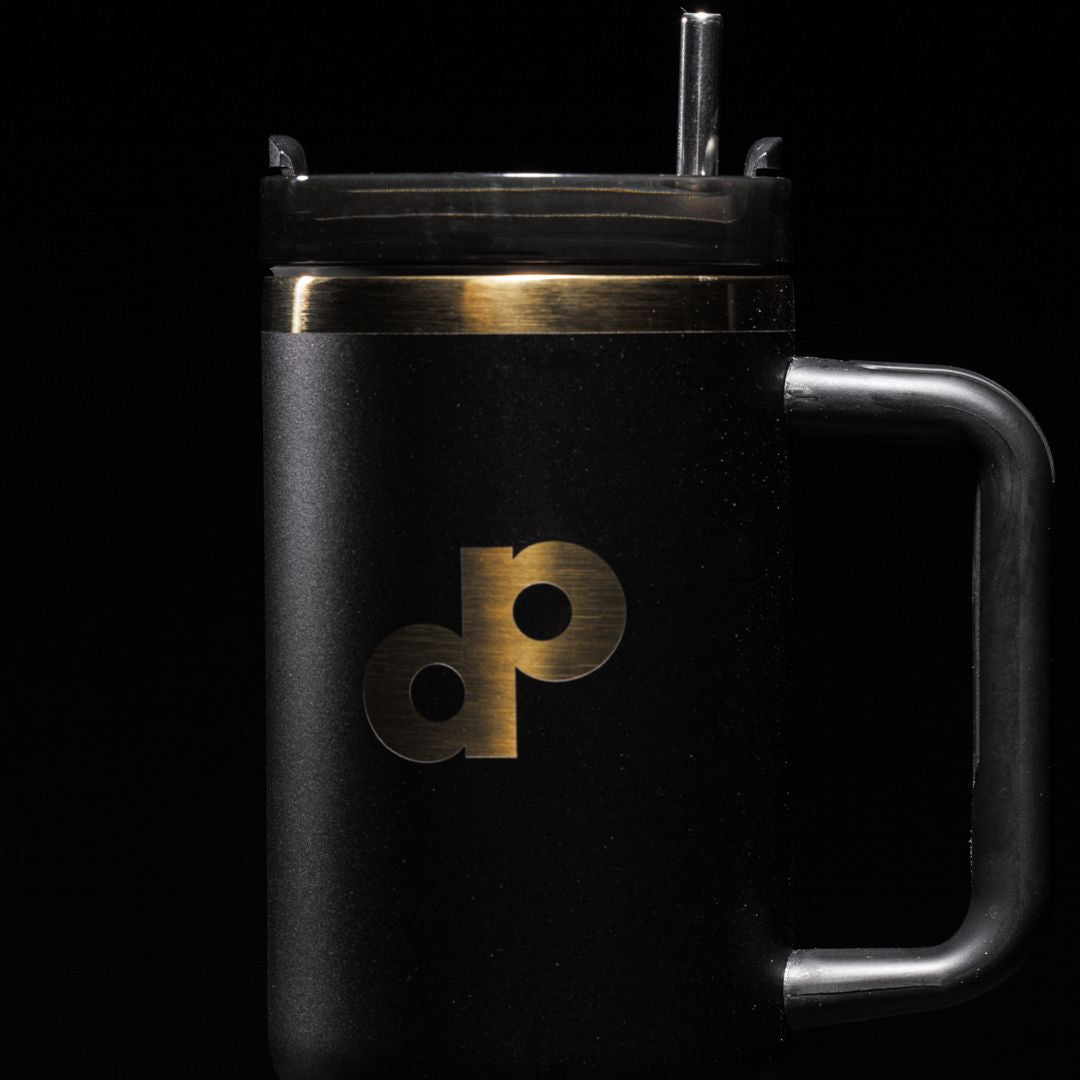
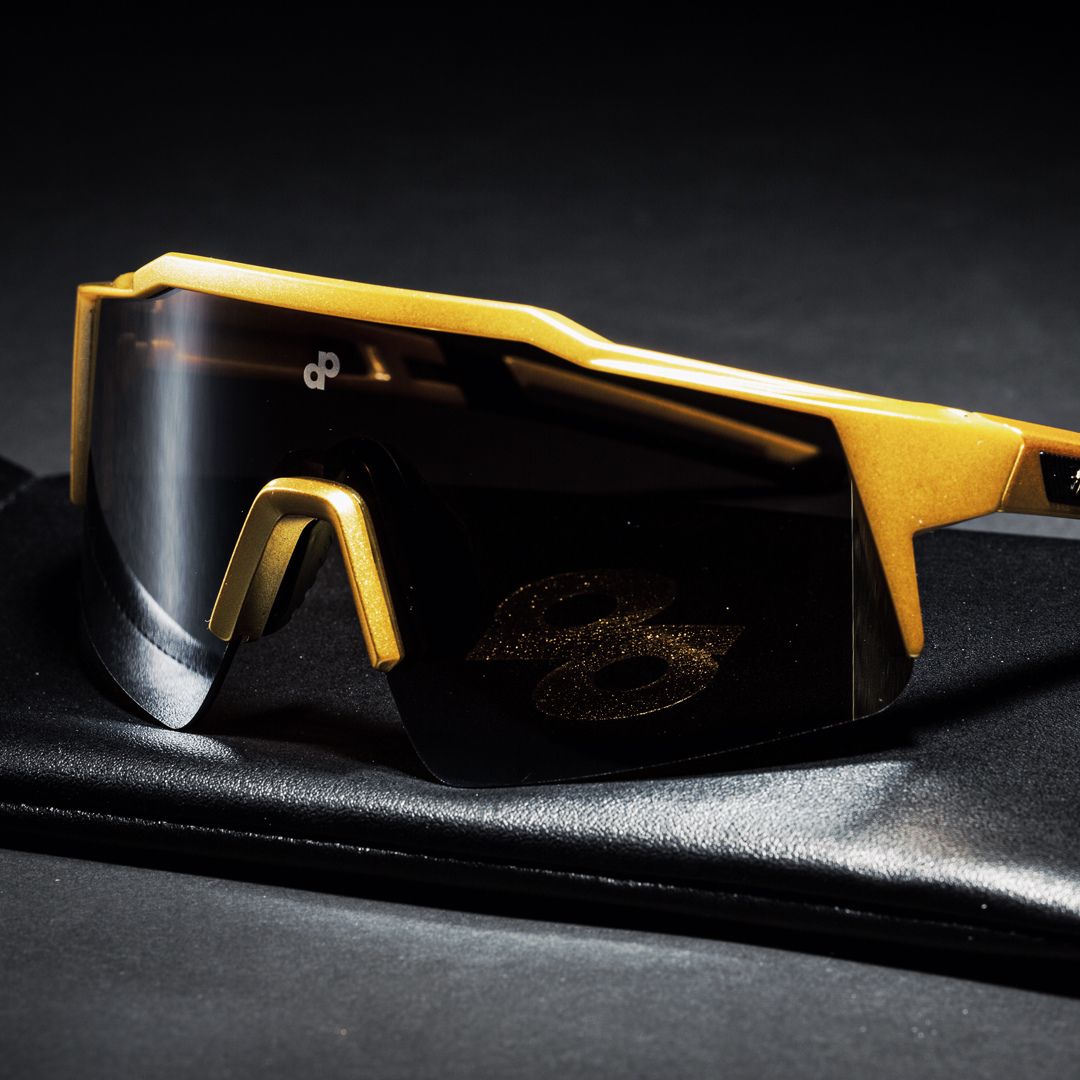
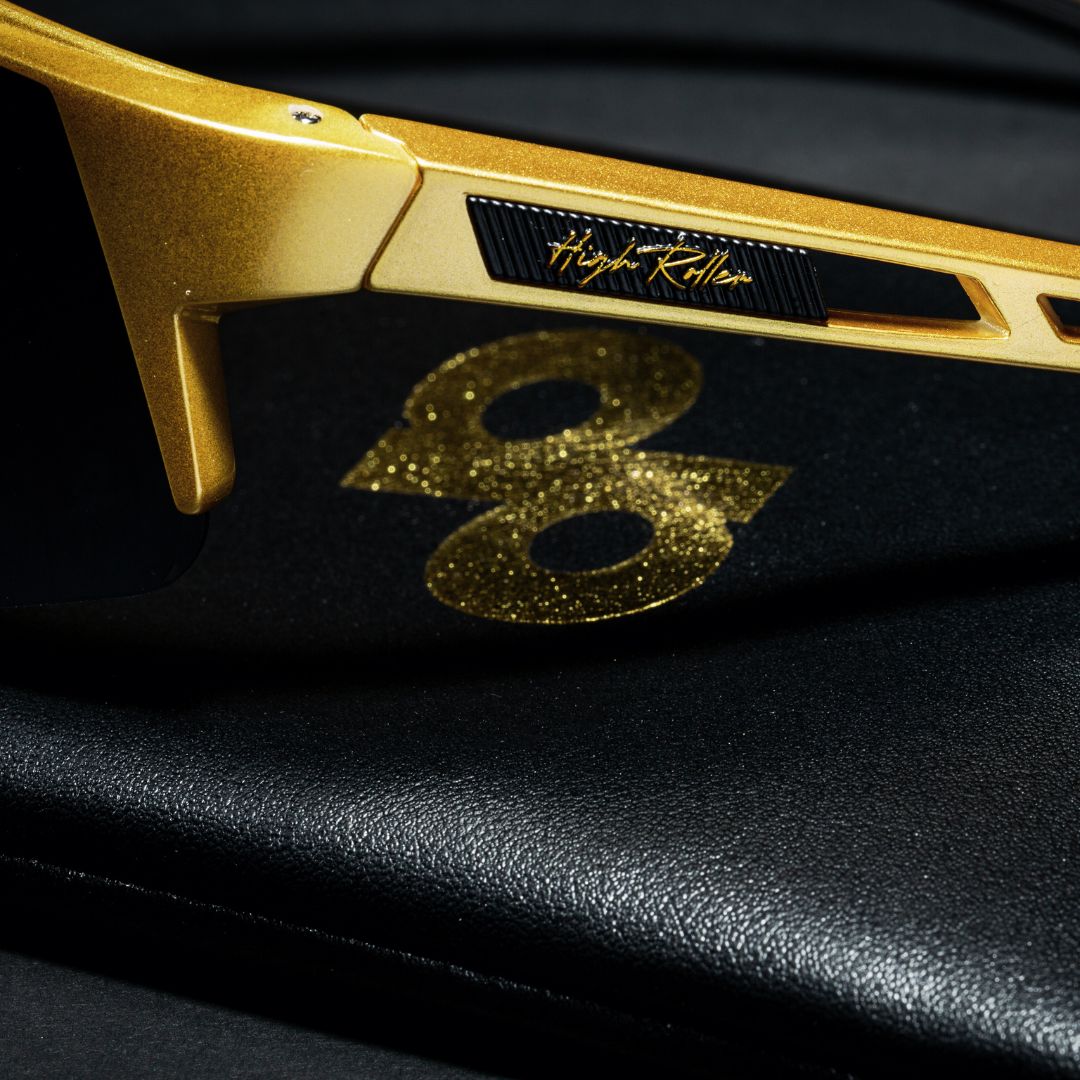
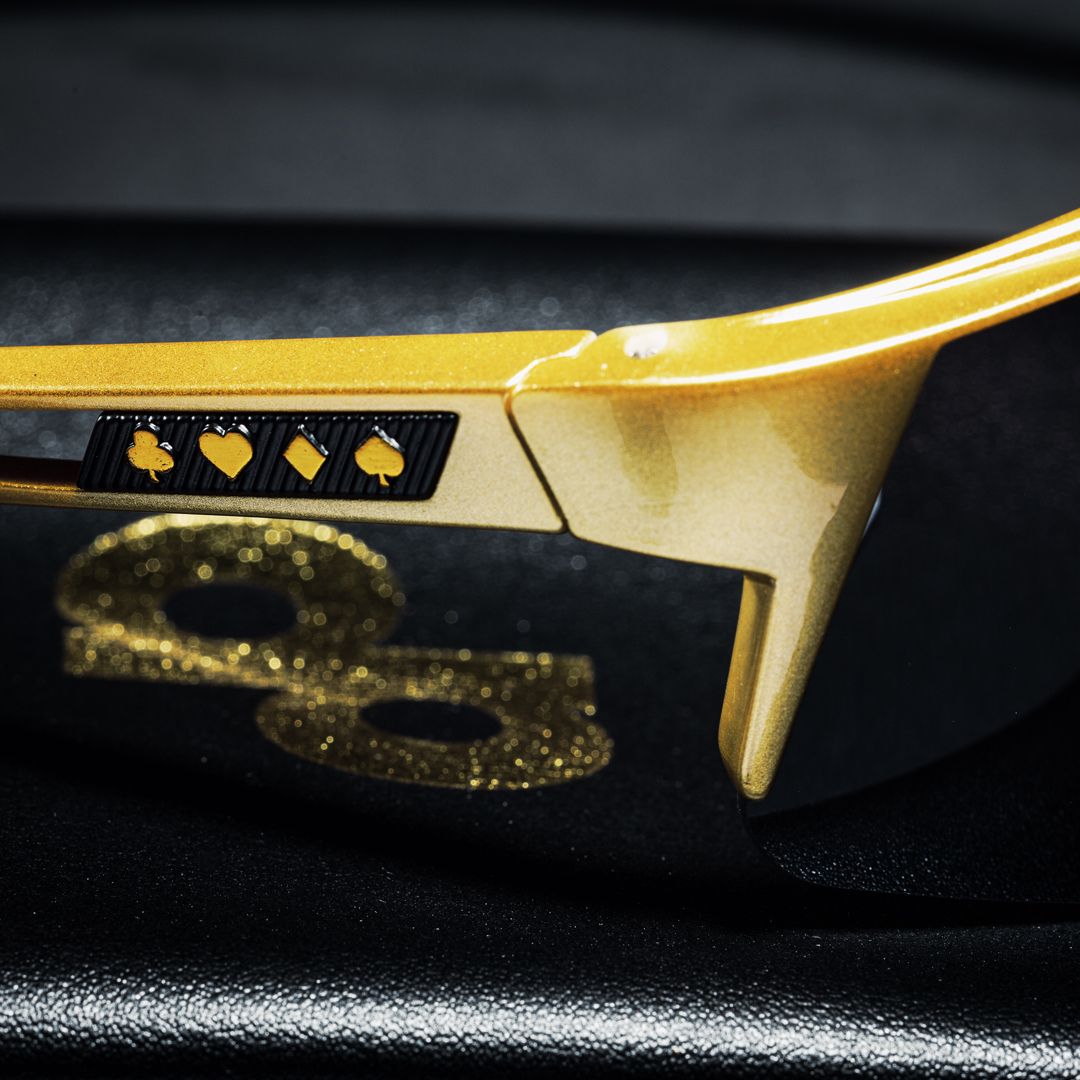
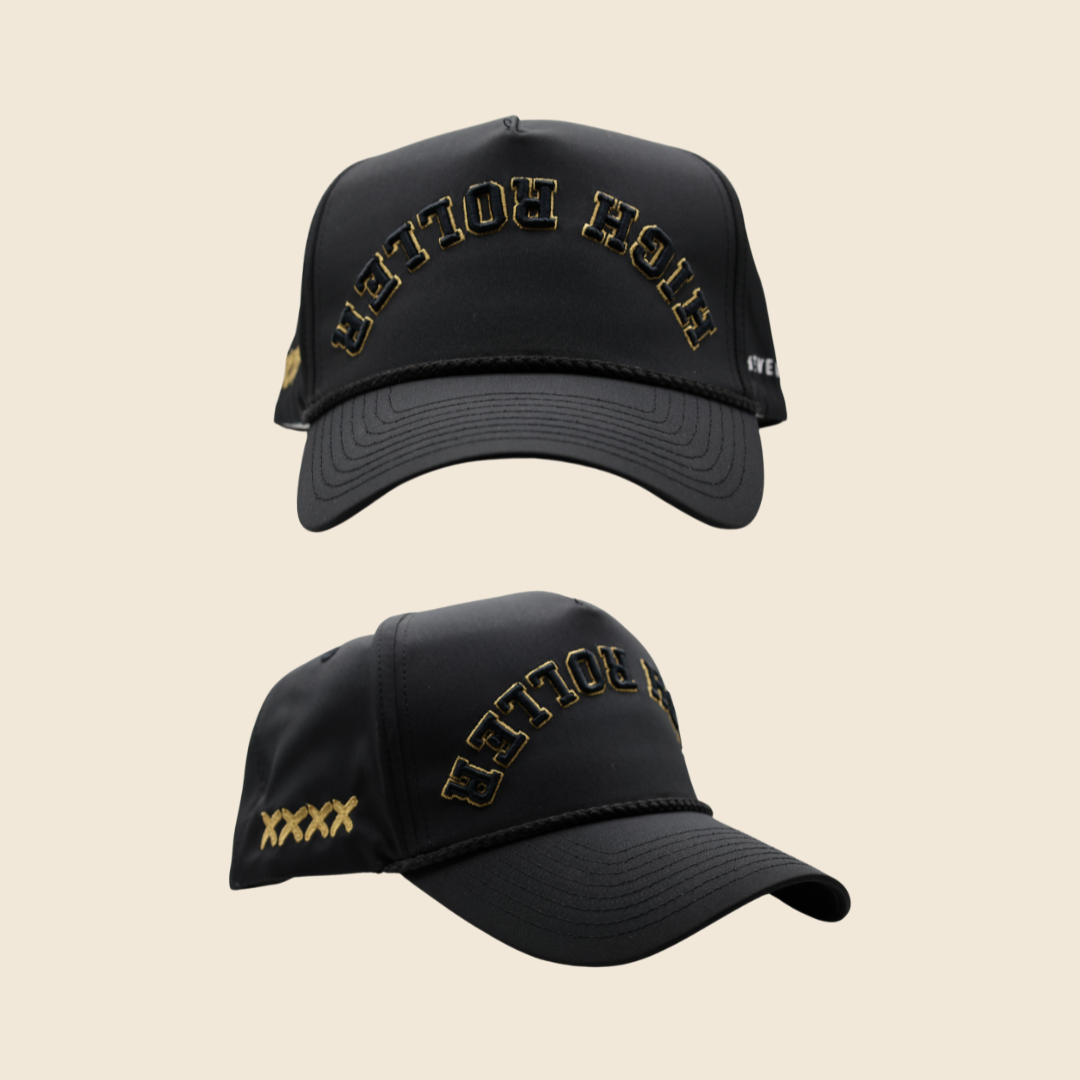
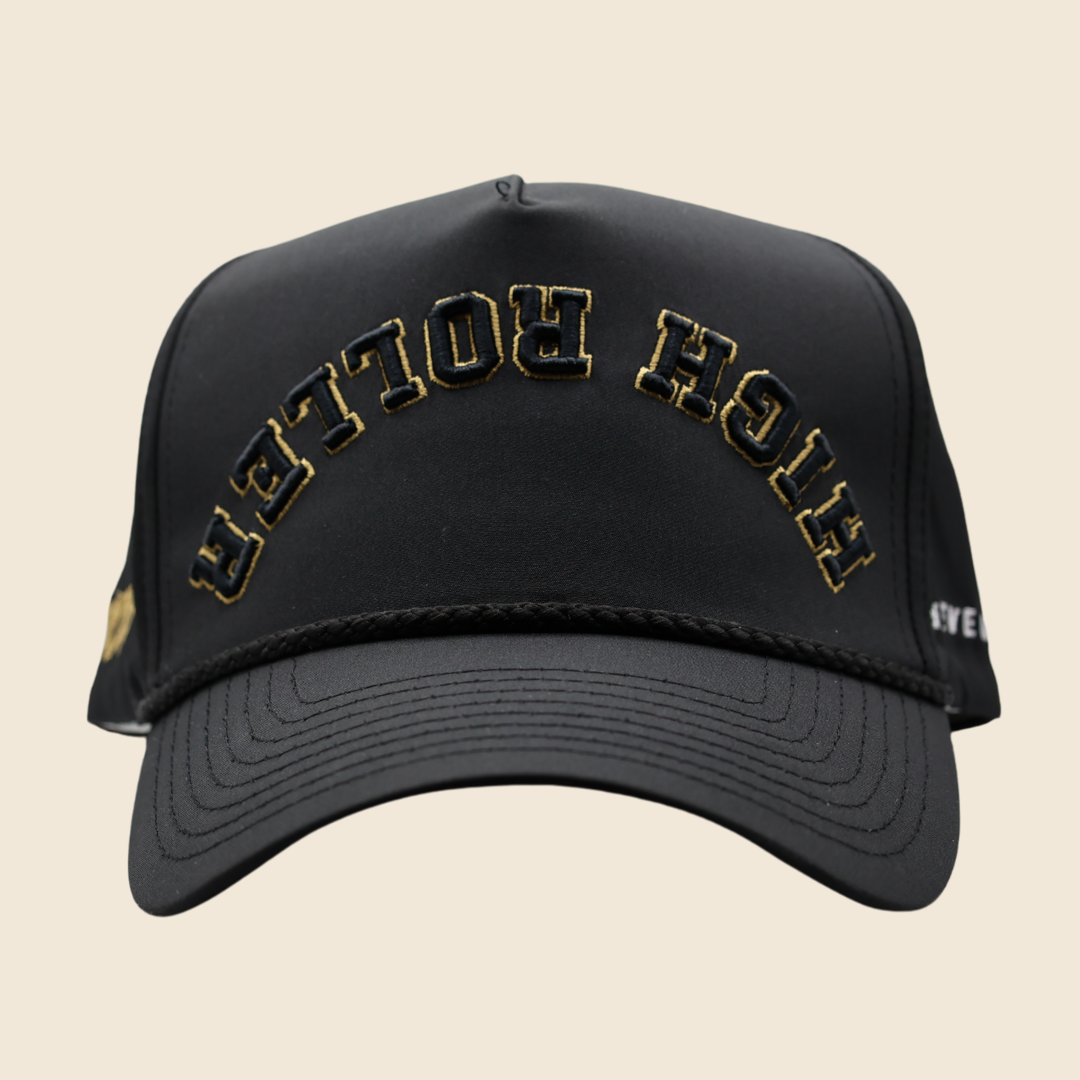
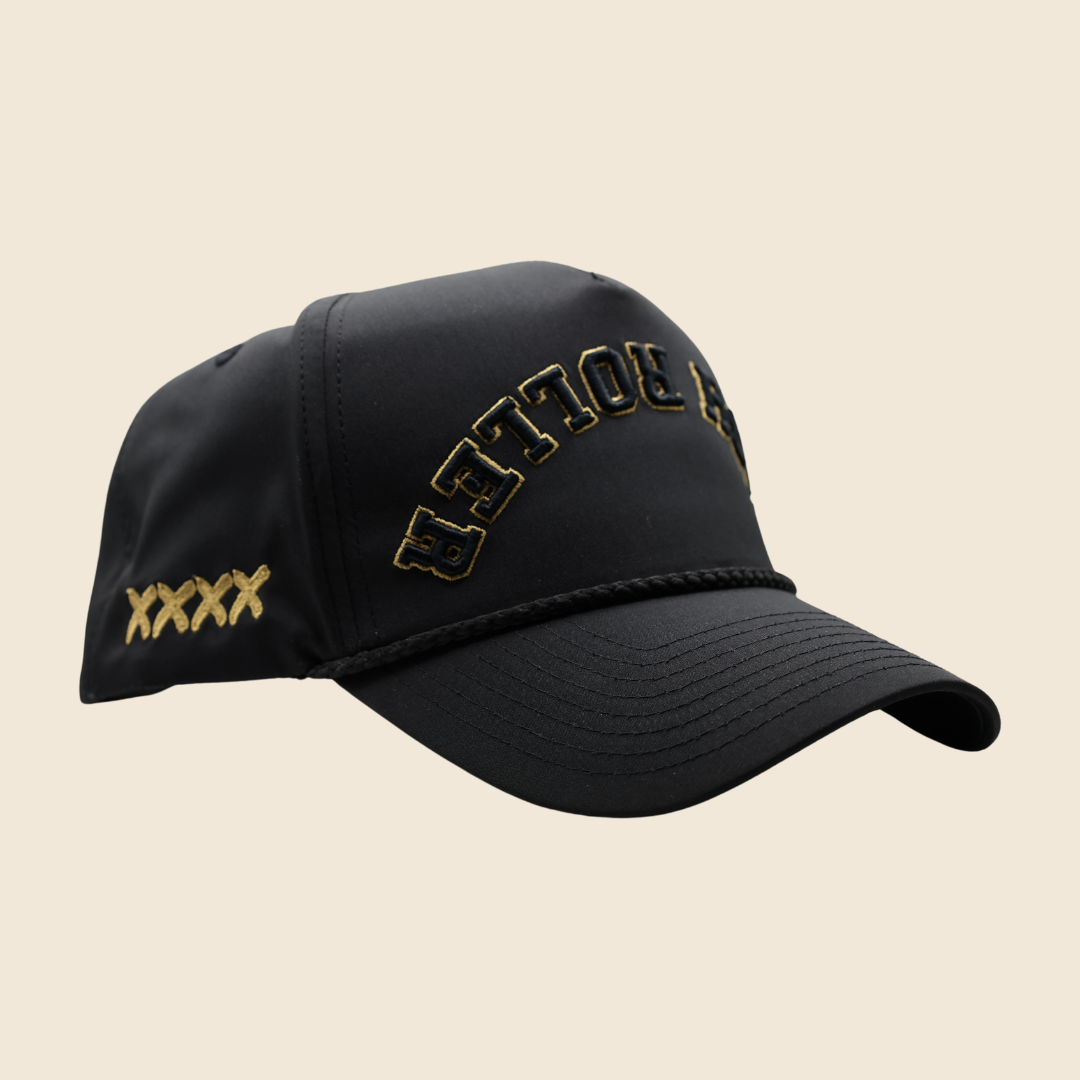
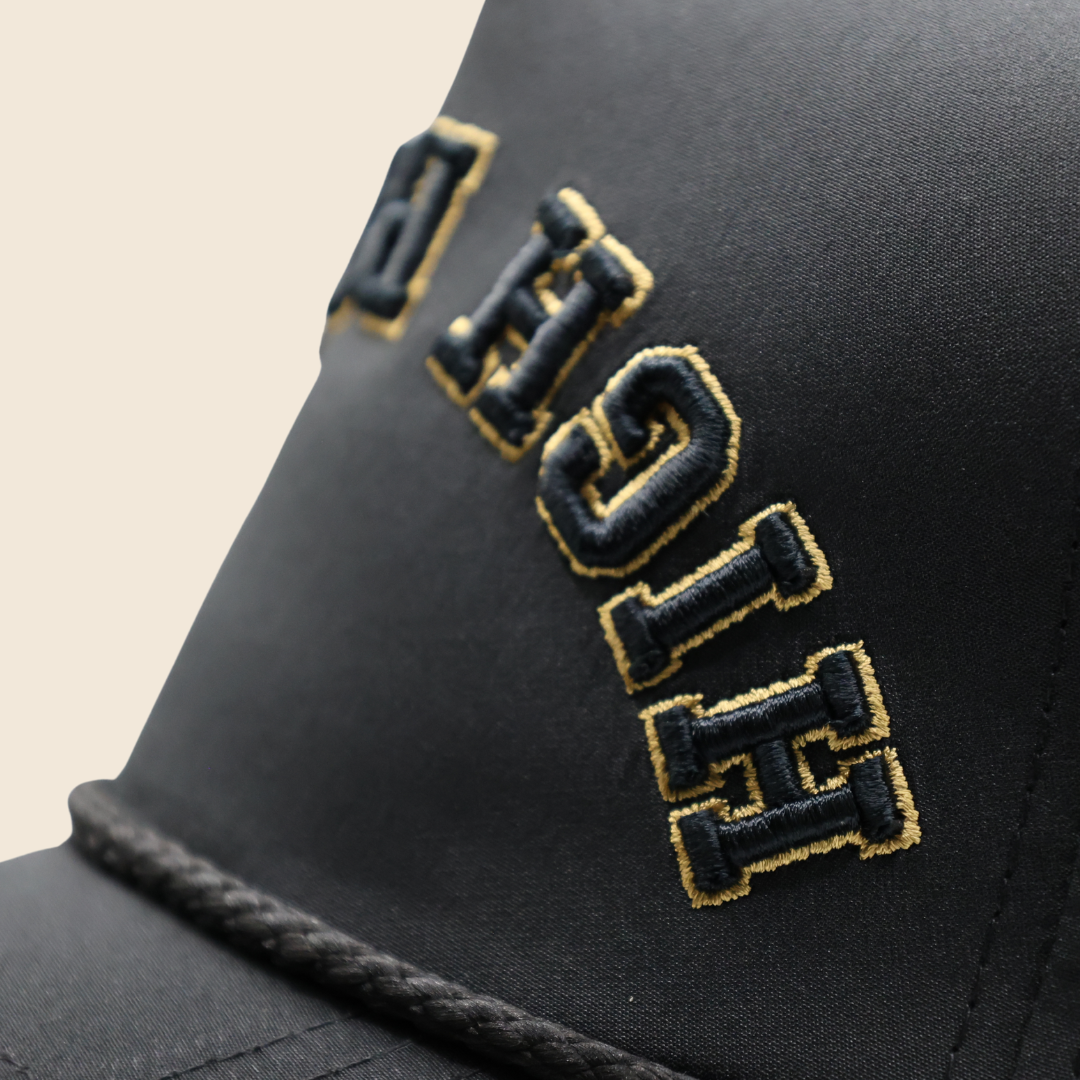


Share:
Will Pickleball Be an Olympic Sport? Assessing the Possibility
Exposing the Darker Side of Pickleball Media: When “News” is Just a Paid Promotion